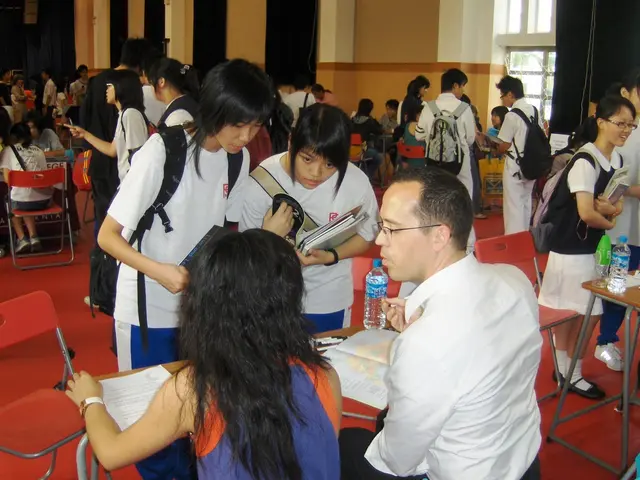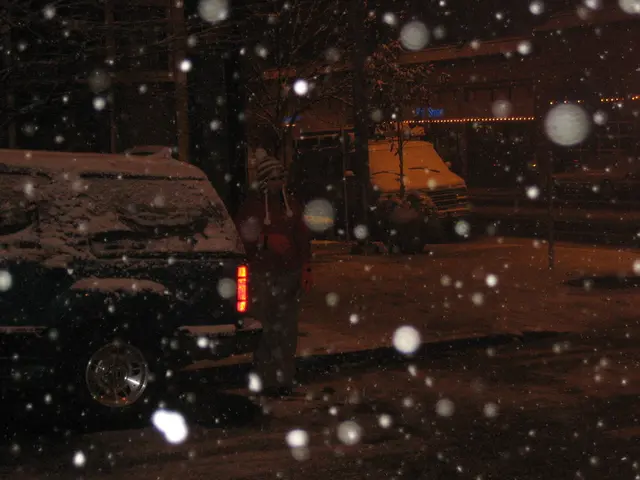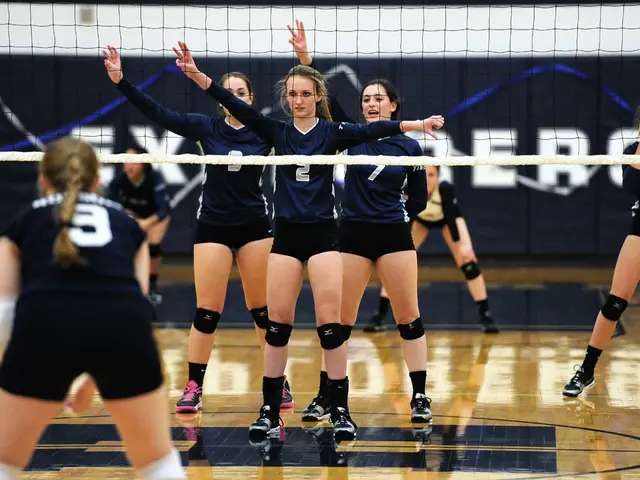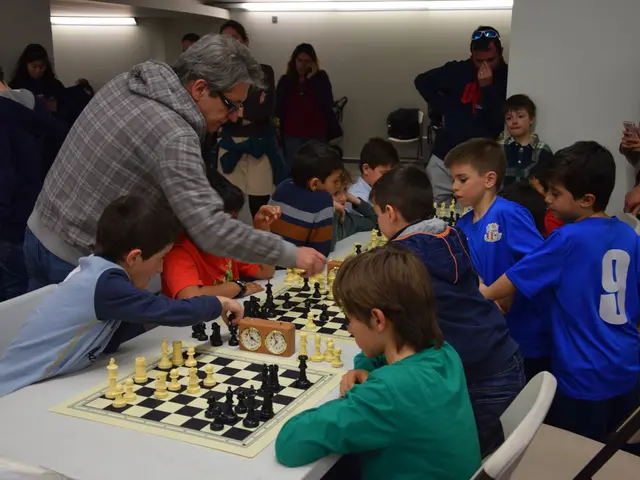Unraveling the Current Deadlock: Dialogue Essential for Moscow and Kyiv
U.S. Vice President Vance Requests Immediate Dialogue Between Moscow and Kiev - Vice President Vance advocates for immediate diplomatic discussions between Moscow and Kiev.
It's high time for Moscow and Kyiv to patch things up and engage in talks, according to US Vice President, JD Vance. The gap between Russia's demands and Ukraine's stance is vast, making direct communication paramount. The diplomatic landscape has shifted from focusing solely on short-term ceasefires to discussing long-term settlement options that cater to both parties' concerns.
The Road NOT Taken: Stalled Diplomatic Efforts
- US Disengagement: Plans for the US to act as an intermediary in Ukraine-Russia peace talks have been scaled back, as progress has been slow and direct dialogue appears to be the more viable solution.
- Past Diplomatic Maneuvers: Earlier attempts involved proposed short-term truces, with diplomats negotiating with Russian officials in foreign lands. However, these attempts have faced obstacles, with Russia frequently dismissing proposed peace plans.
- Contentious Positions: Russia's insistence on unreasonable demands has created tension with the US, while Ukraine clings to the hope of an unconditional halt to hostilities. Even with these stumbling blocks, the US is adamant about working towards a peaceful resolution.
- International Concerns: The mounting violence in Ukraine has not gone unnoticed by international leaders, with some condemning the brutal attacks and civilian losses. The tension between leaders, such as the rare US rebuke of Russian President Vladimir Putin, is a testament to the gravity of the situation.
- Frustration on Both Sides: JD Vance has expressed his dissatisfaction with both parties for failing to engage in meaningful dialogue. His emphasis on open communication highlights the critical role it plays in achieving a lasting peace.
In essence, despite continued efforts to bring Moscow and Kyiv to the negotiating table, significant hurdles remain, including the vast differences in their stances and Russia's relentless aggression in Ukraine.
- JD Vance
- Ukraine
- Russia
- Negotiation
- Donald Trump
- Kiev
- Moscow
- Dialogue
- Peace Talks
- USA
- Diplomatic Efforts
- JD Vance, the US Vice President, believes that Moscow and Kyiv must engage in direct communication to resolve their differences, emphasizing the importance of negotiation.
- Vance's comments came amidst scaled-back plans for the US to act as an intermediary in Ukraine-Russia peace talks, as previous diplomatic maneuvers focusing on short-term truces have faced obstacles.
- Russia's persistent insistence on unreasonable demands and Ukraine's unwavering hope for an unconditional halt to hostilities have caused tension between the two nations, but the US remains committed to working towards a peaceful resolution.
- The mounting violence in Ukraine and the resulting civilian losses have garnered international concern, with some leaders condemning the brutal attacks. This includes rare rebukes of Russian President Vladimir Putin by the US.
- Despite these challenges, Vance has expressed frustration at both parties for failing to engage in meaningful dialogue, underscoring the critical role that cooperation policy plays in achieving a lasting peace.








